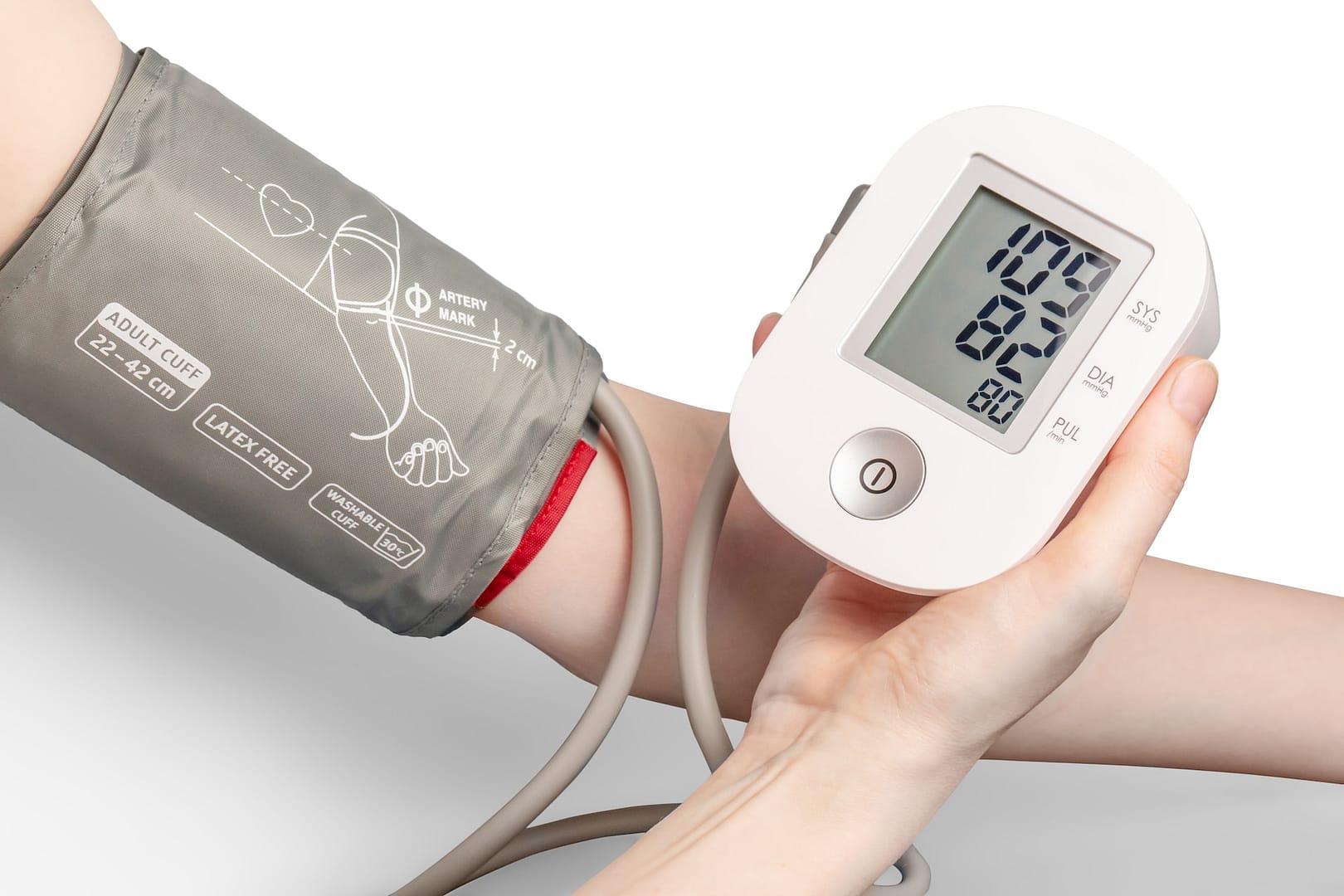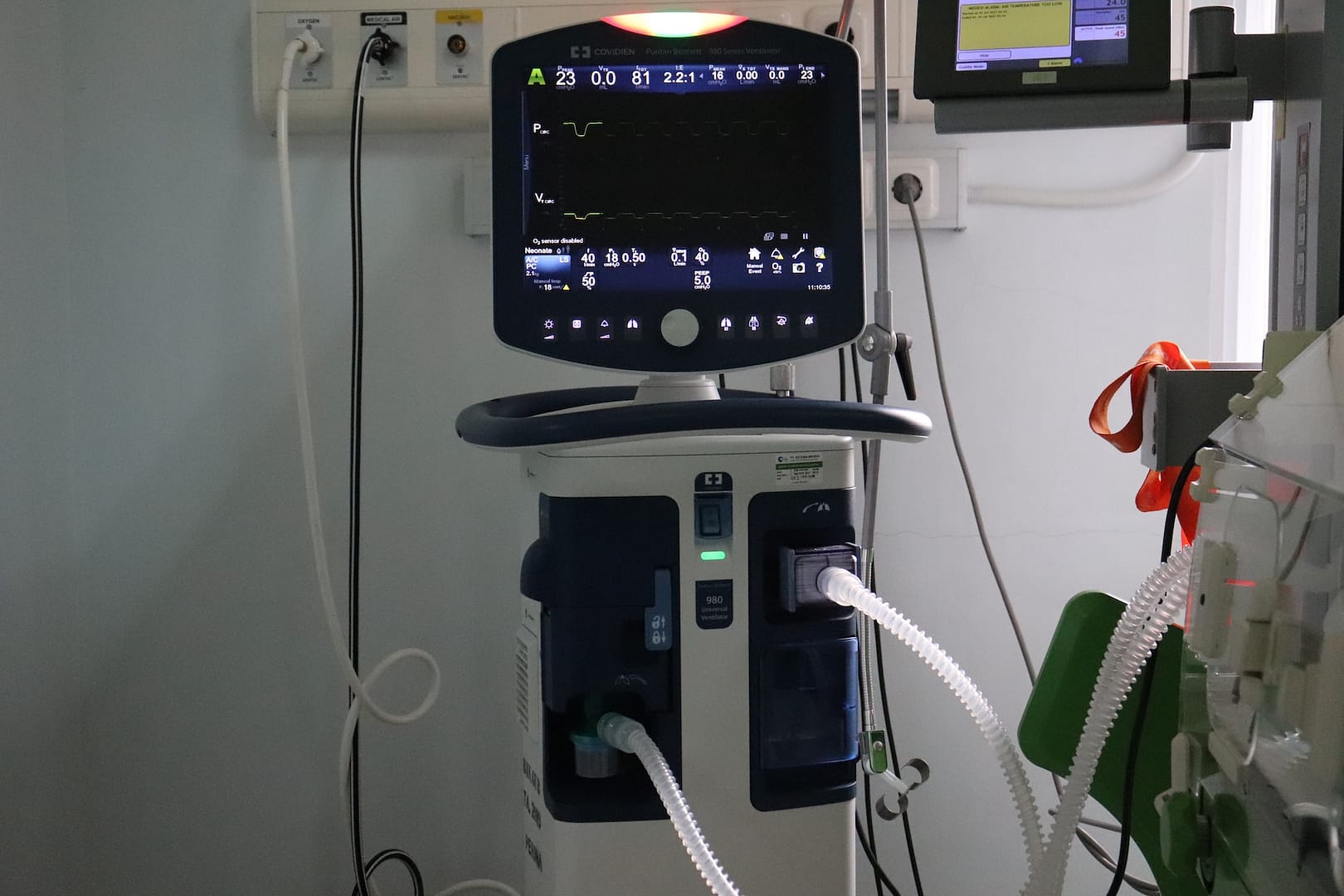Medical device failures can have far-reaching consequences, often leading to clinical negligence cases. In this article, we will delve into what is classified as a medical device failure, the issues it can cause, and the legal implications associated with clinical negligence in the UK. So, let’s embark on this journey to explore the world of medical device failures and the legal ramifications they entail.
Understanding Medical Device Failures
Before we dive into the complexities of medical device failures and their repercussions, it’s essential to grasp what constitutes a medical device failure. In the context of the UK, medical devices encompass a wide range of equipment used for diagnosis, treatment, or prevention of diseases, as well as monitoring and alleviation of disability. These devices can vary from simple instruments like thermometers to complex machinery like MRI scanners.
What Is Classed as a Medical Device Failure?
A medical device failure occurs when a device does not perform its intended function as expected, or it poses a risk to patients due to design flaws, manufacturing defects, or inadequate instructions for use. Such failures can result from numerous factors, including errors in design, manufacturing, or even user misuse. In the UK, regulatory bodies like the Medicines and Healthcare products Regulatory Agency (MHRA) play a pivotal role in monitoring and regulating medical devices. When a device fails to meet the expected safety and performance standards, it is considered a medical device failure.
The Consequences of Medical Device Failures
The ramifications of medical device failures are multifaceted and can have severe implications for patients, healthcare providers, and manufacturers. These consequences often give rise to clinical negligence claims, adding a legal dimension to the already complex issue.
Healthcare Provider’s Dilemma
Medical professionals rely on these devices for accurate diagnosis, patient monitoring, and treatment. A faulty device can lead to incorrect diagnoses, improper treatment, or delayed interventions. In some cases, the consequences can be life-threatening. For instance, a malfunctioning infusion pump may deliver incorrect doses of medication, endangering the patient’s life.
Patient Safety at Risk
The safety and well-being of patients are paramount in the healthcare sector. Medical device failures can compromise patient safety. For instance, a defective prosthetic hip joint can lead to pain, discomfort, and even necessitate revision surgery, subjecting the patient to additional risks and distress.
Financial and Emotional Toll
Apart from the physical harm, medical device failures can also have financial and emotional consequences. Patients may incur significant medical expenses due to additional treatments or surgeries necessitated by the device failure. Moreover, the emotional toll of dealing with complications resulting from a faulty medical device can be substantial, affecting not only the patient but also their family.
Clinical Negligence and Its Legal Implications
The intersection of medical device failures and clinical negligence leads to complex legal issues. Clinical negligence, often referred to as medical malpractice, occurs when healthcare professionals fail to meet the standard of care expected of them, resulting in harm to the patient. When medical device failures are involved, establishing clinical negligence becomes even more intricate.
Proving Clinical Negligence
To establish clinical negligence, one must prove that the healthcare professional’s actions or inactions fell below the standard of care expected in their field. This negligence must directly result in harm to the patient. In cases involving medical device failures, the claimant needs to demonstrate that the healthcare provider failed to use the device properly or that the device itself was faulty and contributed to the harm.
Manufacturer Liability
In cases of medical device failures, manufacturers may also be held liable for clinical negligence. If the device’s failure was due to a design flaw, manufacturing defect, or insufficient instructions for use, the manufacturer can be legally responsible for the harm caused to the patient. This extends to situations where the manufacturer failed to adequately warn about potential risks associated with the device.
Legal Process in the UK
In the UK, clinical negligence cases related to medical device failures follow a structured legal process. Claimants must first establish that they have suffered harm as a result of clinical negligence. They must then notify the healthcare provider or manufacturer about their intent to make a claim. The involved party is given the opportunity to investigate and respond to the claim.
If a resolution is not reached, the claim can progress to litigation, where the courts will assess the case and determine liability. Successful claimants may receive compensation to cover medical expenses, loss of income, and damages for pain and suffering.
The Role of Regulatory Bodies
Regulatory bodies play a crucial role in ensuring the safety and efficacy of medical devices. In the UK, the Medicines and Healthcare products Regulatory Agency (MHRA) is responsible for regulating medical devices and addressing issues related to their safety and performance. The MHRA maintains a database where adverse incidents involving medical devices are recorded and monitored.
When a medical device failure is identified, the MHRA can issue safety alerts and product recalls to mitigate risks to patients. Manufacturers are also required to report adverse incidents to the MHRA. This regulatory oversight is essential for identifying and rectifying issues related to medical devices promptly.
Making a Clinical Negligence Claim with National Claims
If you’ve suffered harm due to clinical negligence resulting from a medical device failure, you may consider making a claim to seek the compensation you deserve. At National Claims, we understand the challenges you may face in navigating the claims process. Here’s how we can help you:
Initial Consultation
Our team of experienced legal professionals will provide you with a free initial consultation to assess the merits of your case. We’ll listen to your story, review the details of the medical device failure, and determine if you have a valid claim for clinical negligence.
Gathering Evidence
To build a strong case, we will help you gather the necessary evidence, including medical records, expert opinions, and documentation related to the medical device failure. This evidence is crucial in establishing clinical negligence and the extent of harm you’ve suffered.
Legal Representation
Our team will provide expert legal representation throughout the claims process. We’ll work tirelessly to protect your rights and seek the compensation you deserve for the physical, emotional, and financial impact of the medical device failure.
Compensation
If your clinical negligence claim is successful, we will help you secure the compensation you need to cover medical expenses, lost income, and damages for pain and suffering. Our goal is to alleviate the financial and emotional burdens that result from a medical device failure.

Conclusion
In conclusion, medical device failures are not limited to technical malfunctions but extend to the profound impact they have on patients’ lives and well-being. The legal dimension of clinical negligence adds complexity to these cases, as both healthcare providers and manufacturers may be held accountable. The UK’s regulatory bodies, like the MHRA, play a pivotal role in addressing medical device failures to ensure patient safety.
Understanding the intricacies of medical device failures and clinical negligence is essential for both patients and healthcare professionals. It highlights the importance of maintaining the highest standards of care, utilising medical devices properly, and holding manufacturers accountable for product safety.
In a world where innovation in healthcare technology is ever-advancing, ensuring the reliability and safety of medical devices is paramount. This involves not only the manufacturers but also the healthcare providers who use these devices. As patients, we should be aware of our rights and the recourse available in case we are affected by a medical device failure. Ultimately, this awareness can contribute to a safer and more accountable healthcare system. If you’ve been a victim of clinical negligence due to a medical device failure, National Claims is here to support you on your journey to seek justice and compensation.
Contact us to start your claim with the help of one of our claims specialists today.
Click below to see why we are one of the most trusted claims management companies in the UK.

We’re proud of our excellent customer reviews
We thrive on delivering exceptional service and ensuring our clients’ satisfaction. Don’t just take our word for it. Check out some of our independent reviews to see what our clients have to say.
Excellent

This firm is excellent, they sorted out my car pay out and injury claim very fast, they always communicate with you all the time.

My accident case was dealt with confidence and with great result of the outcome, especially James kept me informed all the time.

I was very impressed at the way my inquiry was treated. I was listened to attentively and everything I needed to know was explained to me.






